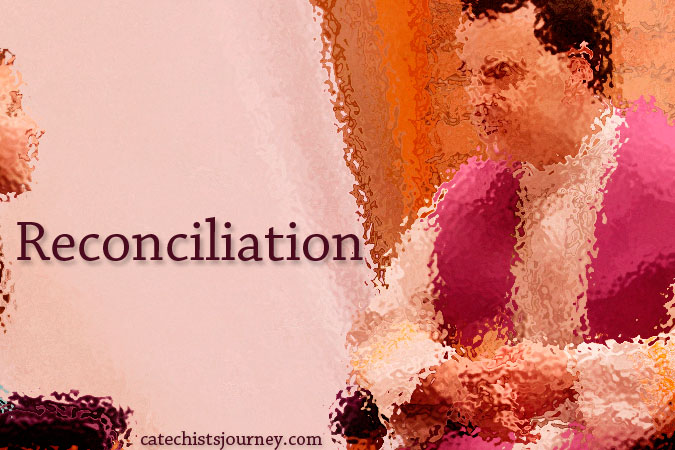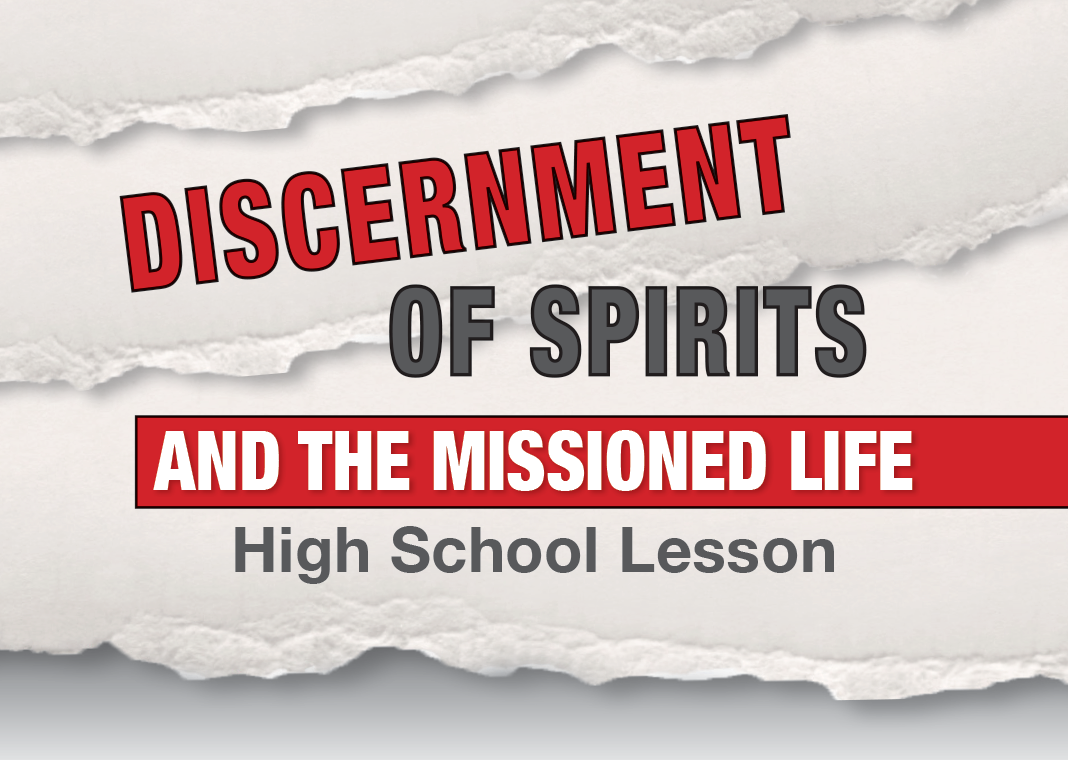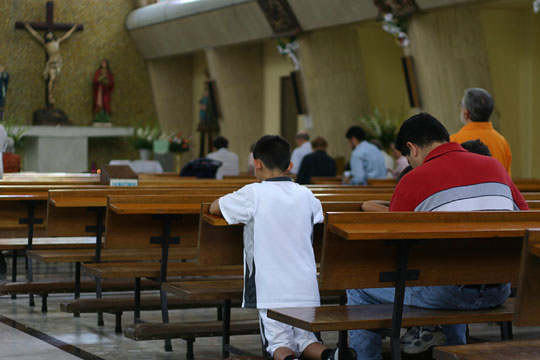
I often wonder if I am effective catechist.
Too many times, the ninth graders I teach sit with blank stares and respond to questions with disinterested shrugs. I suspect that many of them are simply counting the days until their Confirmation, because they will no longer have to go to faith formation class. I often wonder what will happen to the seeds of faith I have scattered: will they take root or will birds come and eat them up? Am I just wasting my time and theirs?
Recently, however, the Holy Spirit reassured me that the seeds I have scattered are indeed growing.
I ran into a young person who had been in one of my classes a few years back. She is now a senior in high school, and she told me a story about a conversation she had with a friend of hers. This friend had been asking her questions about the Catholic faith, and before long, he asked her about the Sacrament of Reconciliation.
“You mean to tell me,” this friend said to her, “that no matter what I did, no matter how bad it was, if I confessed it to a priest, I would be forgiven?”
“Yeah, if you were truly sorry for doing it, you’d be forgiven,” she said.
“I dunno,” her friend replied, “That seems too easy.”
I was pleased at my young friend’s explanation. Not only had she been paying attention, she had even retained what I had taught. This was all the evidence I needed to reassure me that my efforts as a catechist were not in vain. But the Holy Spirit wasn’t done giving.
My young friend continued:
I told him that going to confession wasn’t easy at all. It takes a lot of humility. To recognize that you did something wrong, to admit that it was wrong and not rationalize it, and then to tell another person what you did and that you want to be forgiven—that is not easy at all. It takes a lot of courage.
I just stood there when she told me this. I was stunned; I never taught her that! And she was absolutely correct. In addition to healing our relationship with God, others, and ourselves, Reconciliation teaches us humility; it teaches us to be poor in spirit and to be merciful as our Father in heaven is merciful. My student had become my catechist.
The Holy Spirit continued to be present in the young person’s life, guiding her as she continued seeking answers to the questions she had about her faith. If I had succeeded in anything as a catechist, it was in teaching this young woman how to do that and to listen to the Holy Spirit.
What evidence have you seen that the Holy Spirit is at work in the young people you minister to? What lessons have your students taught you?




Last week while driving my daughter to club volleyball practice, we were discussing Reconciliation. I teach 7/8th grades and she is now 9th grade. We had had reconciliation for my students the night before and one of my students who is not Catholic asked if he could do confession too. He is 8th grade and last year he did not go to confession. He has step-siblings who are Catholic. My daughter asked me what they do in the church he and his dad go to. Being a convert, I explained what is done in the Lutheran Church, that it is a group “confession” during the service and I also explained that our previous priest also included it as part of our services, but that we still had individual confession. She said that she didn’t like it as part of the service and preferred the individual confession. That by personally talking to a priest and being absolved makes you feel truly forgiven, and “cleaned”. As a mom and catechist I was both stunned and awed. She has actually been listening!!